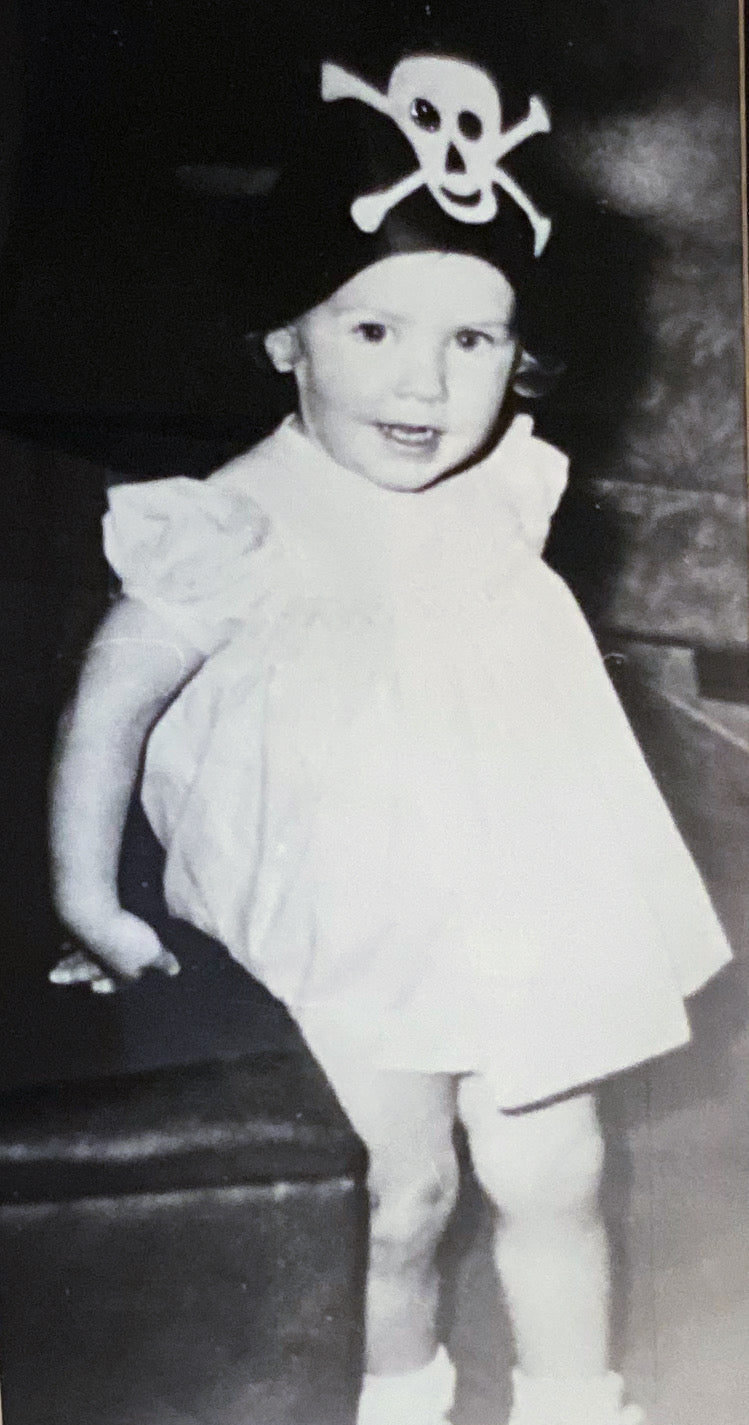The INTEGRAL PRACTICE FOR THE GIFTED MODEL: developing the WHOLE CHILD and ADULT

“The answers you get depend on the questions you ask.”

Large-scale social progress has almost always been made through the emergence of a new set of values arising from a radical change in perspective on something that matters critically to human beings.
"Now that we have entered the the twenty-first century, we need a psychology that reflects recent advances in Science and a shifting focus from illness to health."
Such is the field of Integral Psychology,the orienting framework from which "INTEGRAL PRACTICE FOR THE GIFTED " emerged.
Integral Psychology is defined as:
"A psychological system concerned with exploring and understanding the totality of the human phenomenon....(which) at its breadth, covers the entire body-mind-psyche-spirit spectrum, while at its depth...encompasses the previously explored unconscious and the conscious dimensions of the psyche, as well as the supra-conscious dimension traditionally excluded from psychological inquiry". (Shirazi 2001)
In Integral Psychologymental growth is described as a process of continuing differentiation and integration at progressively higher levels of complexity. As human beings grow in cognitive capability, more adequate and timely solutions to earlier dilemmas are renegotiated and readdressed, as more sophisticated mental apparatus can be employed.
Such is the case with very gifted chidlren. They reach higher levels of thinking far sooner than their age peers. They are also capable of using multiple channels of processing to reach more integrated and sophisticated understandings of the world around them. This is a common experience for exceptionally and profoundly gifted chidlren, although little understood by many educators and most mental health practitioners. Sources of possible input include multiple channels of sensory information including others’ moods, behaviors, and interactions; their own thoughts, perceptions, emotions, motivations, biases, dreams, intuitions, bodily states, and various states of consciousness.
The more differentiated the EPG child or adult becomes, in terms of their capacity to think widely and deeply, the more they can simultaneously process and integrate more elements from more diverse sources into a coherent framework of understanding.
To me, the gifted mind is a massive, intricate three-dimensional puzzle. It is dynamic, moving in space. New information, new experience is absorbed into it, but if one piece, or even one connection is not there, there is a sense of being disjointed, a need to sort that out.
This is constant -- this assimilating of new thoughts, feelings, ideas. Even one tiny thing out of place in an environment, a concept, an exchange can throw you off completely.
16-year-old, Exceptionally - Profoundly gifted male, Canada.
This ability to incorporate various elements in a cohesive and meaningful fashion depends, to a large extent, on the very bright child/adult having access to the right opportunities and environments that are congruent with their rare capacities. Lacking the right educational and social opportunities, the very bright child may become stunted in their overall growth. They rely, unduly, on their intellect, eschewing their complex emotionality and keen intuition.

INTEGRAL PRACTICE FOR THE GIFTED challenges prevailing (achievement-centric) models of giftedness with an unfailing commitment to full-blown support of EVERY aspect of the gifted child or adult's lived experience, over time.
Exceptionally and profoundly gifted children and adults are endowed with extraordinary, global, integrative mental capacities.
The "Integral Practice for the Gifted ™" (IPG™) model evolved in 2005 to honor and explore diverse dimensions of human experience in extraordinarily gifted children and adults.
IPG™ is a comprehensive, holistic framework used to understand and support gifted children's development in intellectual, emotional, social, physical, moral, instinctive, spiritual, and talent-based domains.
The IPG™ model addresses multiple developmental lines and a core, integrative “Self” at work in the EPG child and adult's growth and development.
In addressing many developmental systems, each gifted child/adult's unique and unrepeatable Self is the unifying factor in the fluid and dynamic, complex system, and is the birthright of these extraordinary children and adults.

This brings into being a multifaceted dynamic which includes but is certainly not limited to extraordinary intellect. Rather, this uncommon capacity manifests as a particular developmental reality that affects all aspects of their being including intellectual, social, emotional, moral, physical and spiritual dimensions.
These include but are not limited to morals, affects, self-identity, psychosexuality, cognition, ideas of the good, role taking, socio-emotional capacity, creativity, altruism, several lines that could be called spiritual (including care, openness, concern, religious faith, meditative stage) joy, communicative competence, modes of time and space, world-views, logicio-mathematical competence, kinesthetic skills, gender identity and empathy.

It is critical to note that all aspects of a person’s make up undergo development. All of these developmental lines unfold in a developmental or stage-like sequence and true stages cannot be skipped. All of these lines are relatively independent existing in certain "necessary but not sufficient" patterns.
For example, empirical research has demonstrated that physiological development is necessary but not sufficient for cognitive development, which is necessary but not sufficient for interpersonal development, which is necessary but not sufficient for moral development, which is necessary but not sufficient for ideas of the good. A person can be very advanced in some lines, medium in others and low in still others all at the same time.
When we fail to address the comprehensive and unique needs of the Exceptionally and Profoundly Gifted, they cannot develop across all facets of their experience. Their worldview and sense of purpose are likewise restricted.

